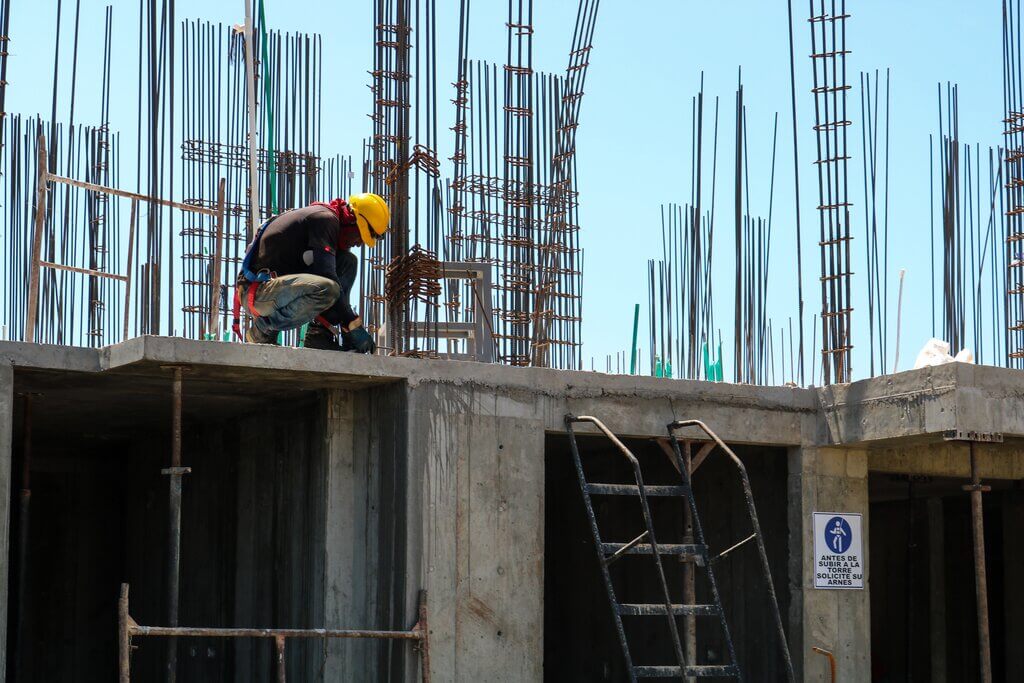The strong growth reflects the increasing popularity of the Philippines as a top travel destination in Southeast Asia. The rise in tourist numbers is not only revitalizing the tourism industry but also creating profitable opportunities for real estate investment, especially in the accommodation and hospitality sectors.
Infrastructure enhancements needed to sustain momentum
In order to continue this positive trend, it is crucial for the government to improve infrastructure, particularly in remote and developing areas. Enhancements in roads, bridges, railways, dedicated bike lanes, ports, airports, internet connectivity, and reliable power supply are necessary to meet the growing demands of both local and international tourists.
Transportation Secretary Jaime Bautista stressed that making substantial investments in transportation infrastructure can lead to job creation, economic growth, and enhanced travel experiences. Upgrading airports and cruise terminals, for example, can leave a positive impression on visitors and foster repeat tourism.
Massive investments in accommodation facilities
The Philippines is experiencing a surge in hotel and resort construction as both local and foreign investors aim to meet the increasing demand from tourists. According to the Philippine Accommodation Pipeline Report 2024, released by the Philippine Hotel Owners Association and Leechiu Property Consultants, there are plans to open over 40,000 hotel rooms by 2029 or 2030. This will involve the development of 158 new accommodations, representing a combined investment of ₱ 250 billion ($4.37 billion). These projects are expected to create around 57,000 jobs, making a significant contribution to the country’s economy.
International and local hotel brands are rapidly expanding with major developments spread across Luzon, Visayas, and Mindanao. The report provides valuable insights into hotel, resort, and other accommodation projects that are in the planning or construction stages, highlighting opportunities for investors interested in the Philippine real estate market.
Key investment destinations and projected openings
Several regions have emerged as top hotel investment destinations due to their natural beauty and increasing tourist influx. For instance, Lapu-Lapu has 10 projects with 4,786 room keys planned. Panglao Island is set to add 4,401 keys across 16 projects, and Boracay has 3,625 room keys in the pipeline.
Key investment areas include Parañaque City, Cebu City, New Clark City, Clark Freeport, Quezon City, Davao City, and Manila. These developments are strategically positioned to take advantage of the increasing demand for quality accommodations and offer attractive prospects for real estate investors.
Infrastructure development critical for tourism growth
Enhanced mobility and connectivity are essential for maintaining the growth of tourism. Building roads, bridges, and modern airports not only drives development but also enhances accessibility for both residents and tourists. These infrastructure projects help smaller businesses in remote areas, promoting inclusive growth and expanding tourist destinations.
The government is dedicated to developing infrastructure to improve the travel experience and establish the Philippines as a premier travel destination. This presents new real estate opportunities for investors, especially in areas that will benefit from better infrastructure and a growing number of tourists.
Why now might be the ideal time to invest in the Philippines
The Philippines is a promising destination for real estate investment due to its thriving tourism industry, substantial investments in accommodation facilities, and continuous infrastructure improvements. With plans to open over 40,000 new hotel rooms by 2030 and the government aiming for 12 million tourist arrivals by 2028, there is significant growth potential in the hospitality and real estate sectors.
Foreigners interested in investing in Philippine real estate, whether for commercial purposes or as a holiday home, may find this to be an opportune time to explore the market. The ongoing recovery of the tourism industry and the emphasis on infrastructure development create a favorable environment for investment, offering promising returns.







